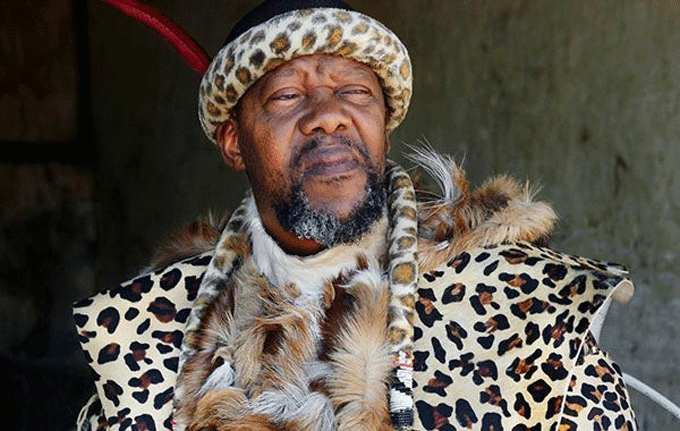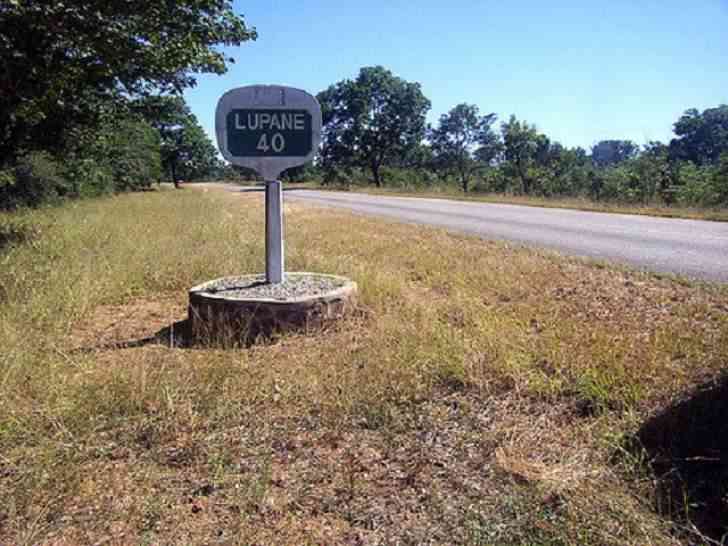
BY SILAS NKALA FORMER Ntabazinduna chief Nhlanhlayamangwe Ndiweni says the exclusion of the Zimbabwe Diaspora community in the 2022 census is akin to the disenfranchisement of people under the colonial Ian Smith regime.
Ndiweni said it was disconcerting that the government has sidelined a community that has been providing much needed foreign currency to the country through remittances.
Zimbabwe earned about US$1.4 billion in Diaspora remittances in 2021, up from US$1billion in 2020.
However, the community was not counted when the Zimbabwe Statistical Agency (Zimstat) produced its preliminary results late last month.
“This census is the greatest disenfranchisement of the people since the Universal Declaration of Independence (UDI) that was declared by Smith,” Ndiweni said.
“Never before have we seen people sidelined in this way by design and by intent.
“It is the greatest blow to democracy we in Zimbabwe have suffered since independence in 1981.”
Ndiweni is now exiled in the United Kingdom where he has been leading a campaign for diasporans to be allowed to vote in Zimbabwean elections.
- Chamisa under fire over US$120K donation
- Mavhunga puts DeMbare into Chibuku quarterfinals
- Pension funds bet on Cabora Bassa oilfields
- Councils defy govt fire tender directive
Keep Reading
Government has ruled out facilitating the Diaspora vote for millions of Zimbabweans based outside the country.
Electoral laws prohibit Zimbabweans in the diaspora from casting their votes from foreign lands and only government employees such as diplomats enjoy the right to vote from outside the country under the postal voting model.
“When we talk about the census what is clear to everyone is that from Bulawayo, Matabeleland South and North, there is in excess of 3,5 million to four million in South Africa and they have been left out on purpose.
“There is no legal, moral or ethical reason why they were left out,” Ndiweni added.
“We have an embassy in Pretoria. They could get assistance from other consulate there.
“They could get assistance from the Southern African Development Community, from the African Union and from the United Nations (UN) in order to conduct a census in South Africa.
“There was no impediment to do that, what was lacking is the political will from the part of government.”
Zimstat statistics showed that Bulawayo, Matabeleland North and South are the only provinces with a population of less than a million people.
Ndiweni said it did not make sense for the government to continue asking the Diaspora community to invest in Zimbabwe yet denying them the right to participate in electoral processes.
In 2018, the Constitutional Court barred millions of Zimbabweans abroad from voting in that year’s disputed 2018 elections.
The ruling followed an appeal by Gabriel Shumba and Sibonile Mfumisi, both based in South Africa and United Kingdom-based Darlington Nyambiya.
They had argued that section 23(3) of the Electoral Act must be revisited, so as to enable the country’s citizens living abroad to exercise their voting rights.










